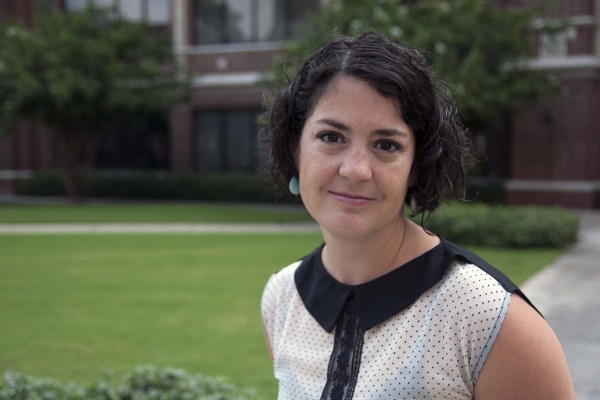
Welcome to our weekly interview session. This week, we are featuring a chat with literature professor Laura Murphy who is the series editor for the Modern African Writers series.
It is rare to meet someone who both studies and publishes African fiction, which is why I’m so excited to share our very illuminating conversation about contemporary African publishing.
Murphy offers interesting analysis on how global trends intersect with African writing. She talks about the literary project called Modern African Writers series. It is an imprint of Ohio University Press and was established to make African writing available to a global audience. Murphy and the general editor Ghirmai Negash have worked hard to grow an impressive catalogue. The series features everything from little known historical novels like Hailu Gebreyesus’ Conscript—the 1927 Eritrean war drama— to K. S. Duiker’s experimental fiction to hot new releases like Imraam Coovadia’s Tales of the Metric System (which Aaron Bady includes in his top 25 African books to read in 2016).
Murphy also talks about collaborating with African publishing houses to get their books to a global audience.
Lastly, there are updates on the Mabati-Cornell KiSwahili Prize that you would not want to miss.
Enjoy!
***
Could you tell us about the Modern African Writing series and what inspired it?
The Modern African Writing series exists because there is simply never enough African literature being published in the U.S. A trip to any Lagos bus station, market, or cafe will prove to even the casual visitor that there are stacks of brilliant novels, memoirs, and poetry collections that circulate only within the region. Many writers would love to be read globally, but they don’t have access to the predictably narrow Western publishing machine. We want to change that.
But aren’t there complaints that far too many African novels are targeted at the western literary market—the whole controversy around Africans writing for the West.
That’s the entire point! We don’t want writers to feel constrained by that pressure to “write for the West.” They should be able to write what they like and still get their books to readers in the US.
What unique approach could an academic press like OUP bring to African fiction publishing?
Like all publishers, Ohio University Press wants to get our authors’ books into the hands of as many readers as possible. And so we market widely and get our books into the hands of major media outlets and hip bloggers like Brittle Paper. What’s cool about an academic press is that while we always hope to sell 10,000 copies of a writer’s first novel, we are not like major mass market presses who are burdened by the obligation to do so and so will only take on a manuscript if they think it will be the next big thing. So we can take a risk on an experimental author or on a novel that plays well in South Africa but isn’t like anything any American reader has seen. We have a very dedicated readership of professors and literary types, who put our books into the hands of students, who then tell their friends about the novels and post about them on social media and give them as gifts. Because we have that committed community of readers, we can print a more diverse range of writing coming from the continent today.
I like the idea that institutional involvement in literary publishing can foster experimentation in a way that mass-market forces cannot. This would, of course, be a departure from the norm especially within the history of publishing in Africa. Educational juggernauts like Heinemann have been accused of stifling innovation in order to cater to the conservatism of the curricular. What do you think has changed since then?
Literature departments are less canonical than they used to be, less insular. Postcolonial literary studies broke open a wide field of global literatures that deliberately defied the norms of so-called “high” art and called attention to race and class and gender and migration and neocolonialism and diaspora and capitalism. And how those things affect form and genre and language. Diaz and Morrison and Adichie are required reading now, and students are introduced to experimental and politically challenging texts in high school now. We are a different generation of professors, and they are a different generation of students.
Speaking of Heinemann, do you see the MAW series as a contemporary version of the Heinemann African Writers series? Are there parallels between the two that you want to hold on to? Or do you see what you are doing as markedly different?
To be honest, I wish we could print as many titles as the Heinemann series did. I would quit my day job in a minute to be able to spend all my time scouting out new talent and bringing new titles back to Ohio. But we are certainly similar to AWS in our goal of bringing new voices to print. Our approach is a bit updated, and we hope to publish a new generation of writers who may depart from their fathers’ conventions (as good children should) to chart out new territory.
What gap, if any, in the contemporary global and African literary scene is the Modern African Writers Series designed to address?
There isn’t a gap in the literary scene – there’s a gap in the publishing scene! And that’s where we come in. Everyone watches (and cites dutifully) Adichie’s TED Talk on the Danger of a Single Story, and yet most of the major presses keep publishing the same few authors and familiar plots. Those of us who avidly read African literature that is printed on the continent know that there is such a vast range of narrative styles, voices, content that is being produced on the continent and read only there – the vast majority of which never celebrate American music or lament the legacy of colonialism or opine on the struggles of living in London. And because the publishing industry on the continent is generally limited by a lack of funding and undercutting by pirates, it is difficult for great writers to find a publisher even in their own countries. Any expansion of that absurdly narrow realm of possibility for writers is likely to be a good thing.
You’ve released everything from K. S. Duiker’s unconventional writings to 1920s Eritrean war drama. You even have a few genre fiction titles. How do you decide on which authors or text to publish?
Oh yes… the stodgy, tweed-wearing set who talk about the Faerie Queen during sherry hour. Well, I suppose that still exists. But the days of being able to say you’ve read the entire English canon from Beowulf to David Eggers – and nothing else – are over… or should be. There are young readers out there (some of whom still wear tweed, of course) who are looking for young authors who speak their language and share their interests. They love crime fiction and romance. And the thing is that African writers aren’t all writing allegorical bildungsroman about their coming of age in the era of independence. They’re writing chick lit. And smart people want to read that kind of literature whether it is set in Harare or Havana or Hanover. And so we want to publish it.
But since we only get to publish a few titles a year, we have to make the difficult decision of which of the submissions we receive will go to print. How do we do it? We convene a team of very different readers of different ages and different origins and different interests, and when one of us can say “this kept me up last night,” or “this is completely unique,” or “this taps into a trend that is happening in Nairobi,” then we know we’ve hit the right book.
In recent years, we’ve seen an independent, market driven African publishing industry on the rise. Farafina in Nigeria, Kwani? in Kenya, Modjaji in South Africa are just a few. Are there any plans to collaborate with these independent publishers? Or do you see yourself as a competitor?
Perhaps the most important thing we’re doing right now is partnering with Kwani? and Farafina to simultaneously publish books that will be available in the U.S. and in West and East Africa. So we share submissions and agree on titles, and soon we’ll market the books together. You will start seeing these books come out next year.
We’re thrilled to be able to get authors access to audiences both in the U.S. and back home. What we don’t want is to compete with these exciting presses for authors or for authors to have to choose whether they get exposure on the continent or in the U.S. That should be an unnecessary choice.
We’re also working with the Mabati-Cornell KiSwahili Prize to publish their fiction winners – and we hope to be able to do that in bilingual editions.
We are committed to publishing books that matter, that breathe air into conversations, that represent fresh and critical perspectives. We do that best when we’re collaborating with folks who are in the mix – writing, reading, publishing in Africa. So we’re excited to be embarking on this new development in the Modern African Writing Series.
I’m delighted you mentioned the Mabati-Cornell KiSwahili Prize. It came as a welcome surprise when it was announced last year. Finally Ngugi’s dream of a global African literary culture built around African language writing is finally coming true. What has it been like collaborating with the organizers? What should we expect?
We are still working out the kinks of translation—which is a costly enterprise. As much as I’d like to say we could publish the book in kiSwahili alone, that’s just still a distant dream. So we’re looking for grants and translators to assist us in this exciting new endeavor.
More generally, what’s in store for 2016 and beyond? Any exciting titles in the works?
So glad you asked! This spring, we’ll see Imraan Coovadia’s Tales of the Metric System, a fragmented narrative that peeks one day at a time into several individual, but interconnected South African lives over the last 40 years. And we’re publishing Tendai Huchu’s second novel, The Maestro, the Magistrate, and the Mathematician, a completely surprising departure from his first novel, which I also loved. We have a couple of other exciting titles on the way that will make a lot of your readers happy soon as well. So you should keep your eyes peeled.
***
Laura, thanks so much for taking the time out to chat with me. Kudos to the team at OUP for the beautiful work it’s doing to take African publishing in new directions.
*********
Images from the Modern Africa Writers series website


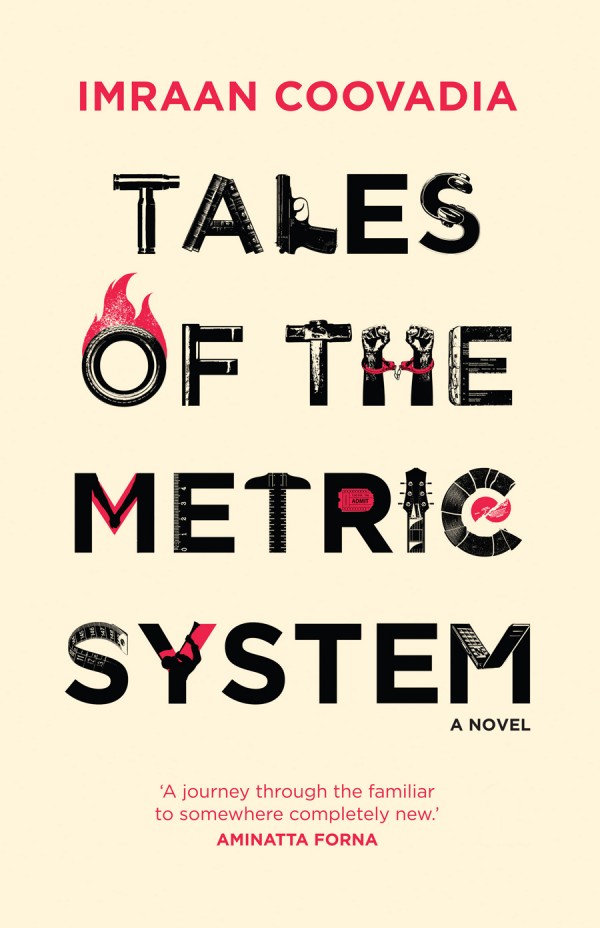
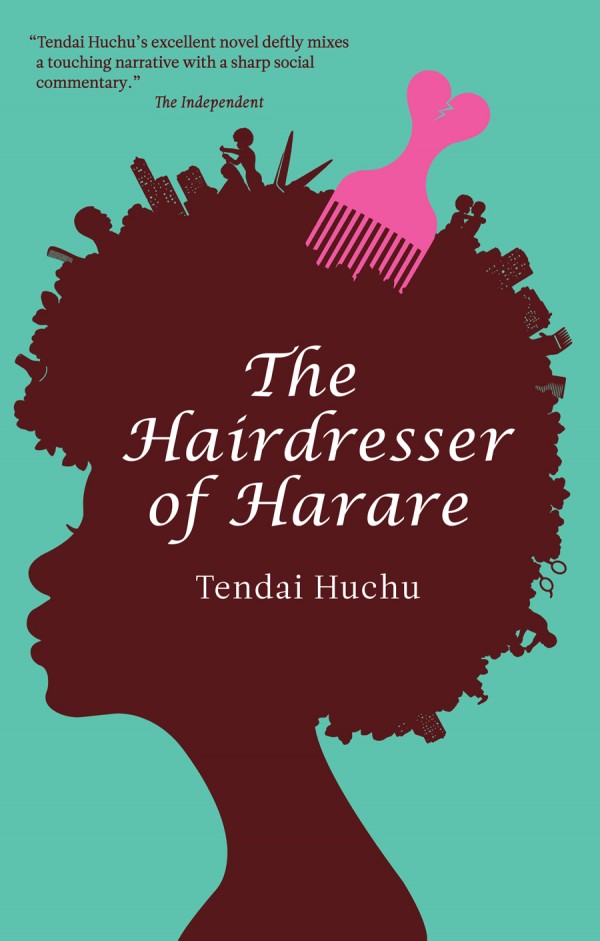
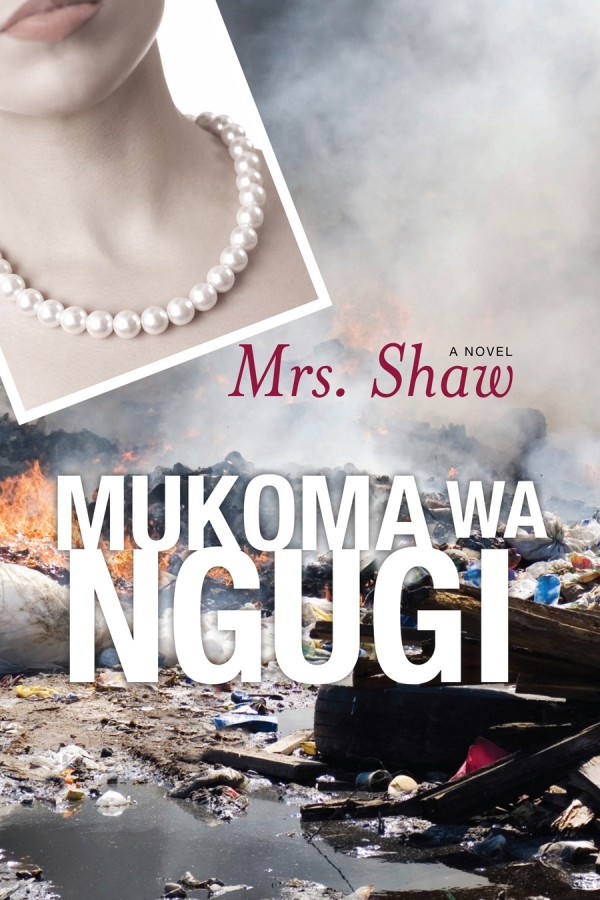
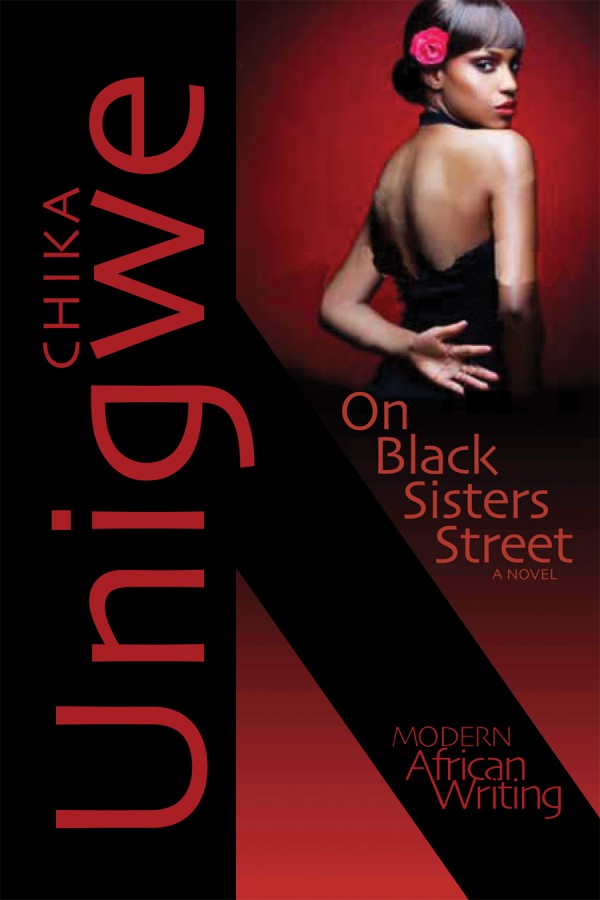
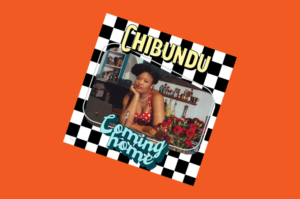
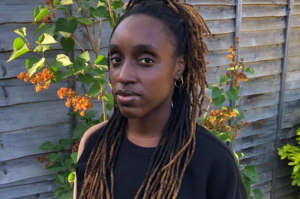


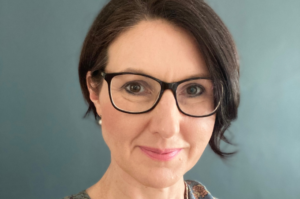


COMMENTS -
Reader Interactions